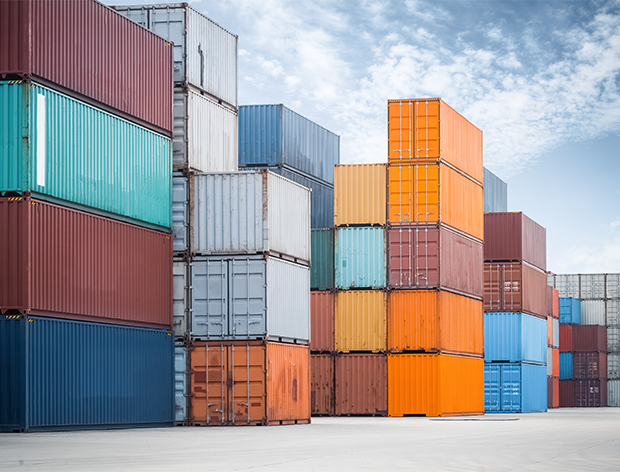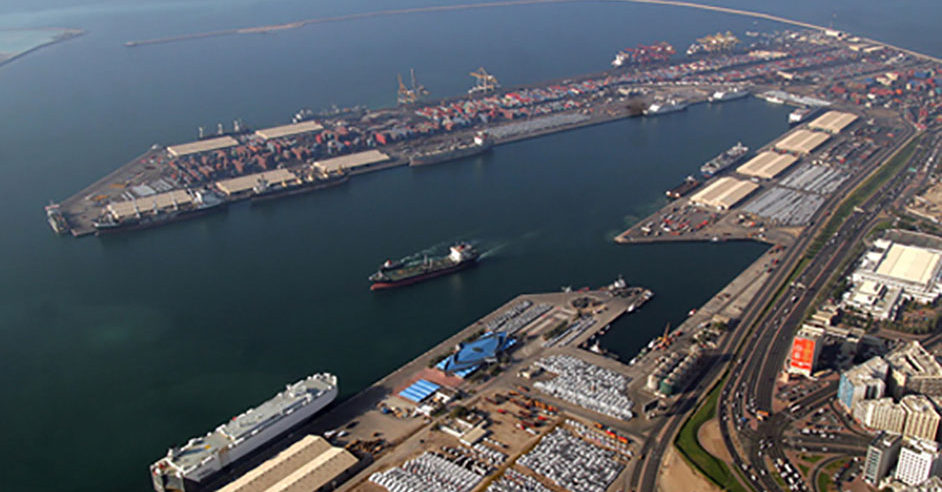The port fee on China-made ships announced by US President Donald Trump’s administration is expected to benefit Korean shipbuilders, particularly in the container carrier segment, where firms here have seen their global market share decline amid China’s growing dominance, market analysts say.
NICE Credit Investment, a Korean credit rating agency, stated that the new fee could help Korean shipbuilders narrow the competitive gap in the container ship market, in a report released earlier in April.
The measure, based on the United States Trade Act Section 301 investigation into China’s shipping and shipbuilding industries, was announced on Thursday by the US Trade Representative.
Under the new policy, vessels operated by Chinese companies will be charged a port fee of $50 per net tonnage, while China-built ships operated by foreign companies will incur a fee of $18 per net tonnage, starting October 14.
Net tonnage is a measure of a ship’s internal volume, representing the space available for cargo, passengers and crew. An ultra-large container vessel with net tonnage exceeding 100,000 could face fees of up to a million dollars per docking.
Additionally, foreign car carriers using vessels built outside of the US will be charged $150 per vehicle, with the fees scheduled to increase gradually over time.
“Although the final version of the port fee is more modest than the February proposal, offering some relief and a gradual increase, it still imposes a considerable burden on companies operating China-built ships,” said Park Hyun-jun, senior credit analyst at NICE Credit Investment.
Shipbuilders in China currently hold a pricing advantage in the market, offering vessels at prices 8 to 20 percent lower than their Korean counterparts.
South Korea, the world’s second-largest container shipbuilder, saw its global order share drop sharply from 31.6 percent in 2021 to just 12.1 percent in 2024. Over the same period, China’s share surged from 59.5 percent to 87.8 percent, according to data from the Korea Offshore & Shipbuilding Association.
However, as the new fees may discourage major shippers from ordering China-built ships, they could increasingly turn to Korean shipbuilders, which maintain a competitive edge in technology and credibility, the report noted.
The shipping industry has already responded favorably toward Korean shipbuilders since the port fee was first proposed in February.
Korea’s largest shipbuilder, HD Hyundai, is reportedly in talks with Greece-based Capital Maritime over an order for up to 20 container ships, a deal estimated at $1.55 billion, according to industry sources. In recent years, Capital Maritime has often placed orders with Chinese shipyards.
With the port fee finalized while markets were closed, Korean shipping-related stocks surged at the market opening on Friday. Companies with relatively low reliance on China-built vessels saw particularly strong gains.
HMM, for instance — which operates only five China-made ships among its fleet of 82 container carriers — saw its stock rise by more than 6 percent.
Source: Korea Herald




